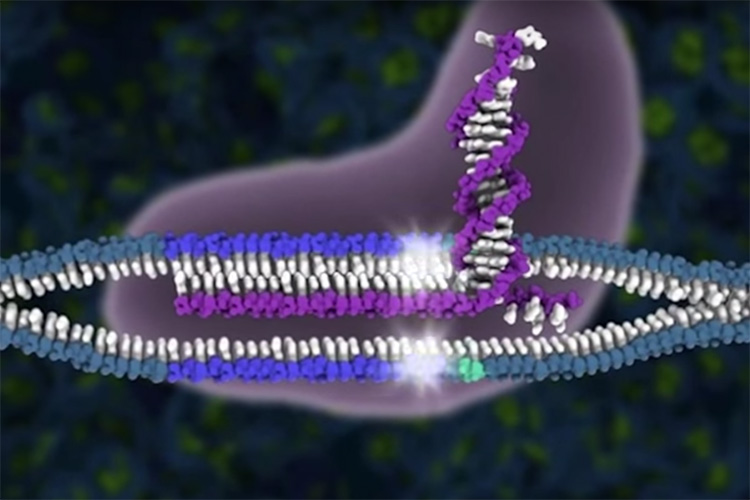UC appeals U.S. patent board decision on CRISPR-Cas9
Appeal asks court to reinstate interference between UC patent application and Broad patent for revolutionary gene-editing technology

April 13, 2017
The University of California, the University of Vienna and Emmanuelle Charpentier (collectively UC) on Wednesday, April 12, filed an appeal to overturn a decision by the Patent Trial and Appeal Board (PTAB) that terminated the interference between a UC patent application for CRISPR-Cas9 gene-editing technology and the patent applications and issued patents of the Broad Institute, Harvard University and the Massachusetts Institute of Technology (collectively, the Broad).
An interference is a legal proceeding to determine who was the first to invent a given technology. Although UC’s patent application and the Broad’s patents and patent application overlap in scope, the February 15 PTAB decision found that the claims in the interference are separately patentable. Accordingly, the PTAB decided to terminate the interference.
The appeal, filed in the U.S. Court of Appeals for the Federal Circuit in Washington, D.C., seeks to have the PTAB reinstate the interference.
“Ultimately, we expect to establish definitively that the team led by Jennifer Doudna and Emmanuelle Charpentier was the first to engineer CRISPR-Cas9 for use in all types of environments, including in non-cellular settings and within plant, animal and even human cells,” said Edward Penhoet, a special adviser on CRISPR to the UC president and UC Berkeley chancellor. Penhoet is the associate dean of biology at UC Berkeley and a professor emeritus of molecular and cell biology..
Doudna is a UC Berkeley professor of molecular and cell biology and of chemistry and a Howard Hughes Medical Institute investigator. Charpentier is now director of the Max Planck Institute for Infection Biology in Berlin.
Given the revolutionary nature of the CRISPR-Cas9 technology, UC believes that obtaining a timely confirmation that its scientific team was the first to invent the use of the technology in all environments, including eukaryotic cells, is important for current and potential users of the technology, including academia, industry and the public at large.
In parallel, UC intends to pursue continuing applications in the U.S. and globally to obtain patents claiming the CRISPR-Cas9 technology and its application in non-cellular and cellular settings, including eukaryotic cells. Corresponding patents have already been granted to UC in the United Kingdom, and the European Patent Office has announced that it will grant UC’s patent on May 10, 2017.
UC’s earliest patent application, which describes the CRISPR-Cas9 genome-editing technology and its use in any type of setting, was filed on May 25, 2012, while the Broad’s earliest patent application was filed more than six months later, on Dec. 12, 2012.
The law firm of Munger, Tolles & Olson LLP will be handling the appeal, with Don Verrilli, former solicitor general of the United States, as lead counsel.
RELATED INFORMATION